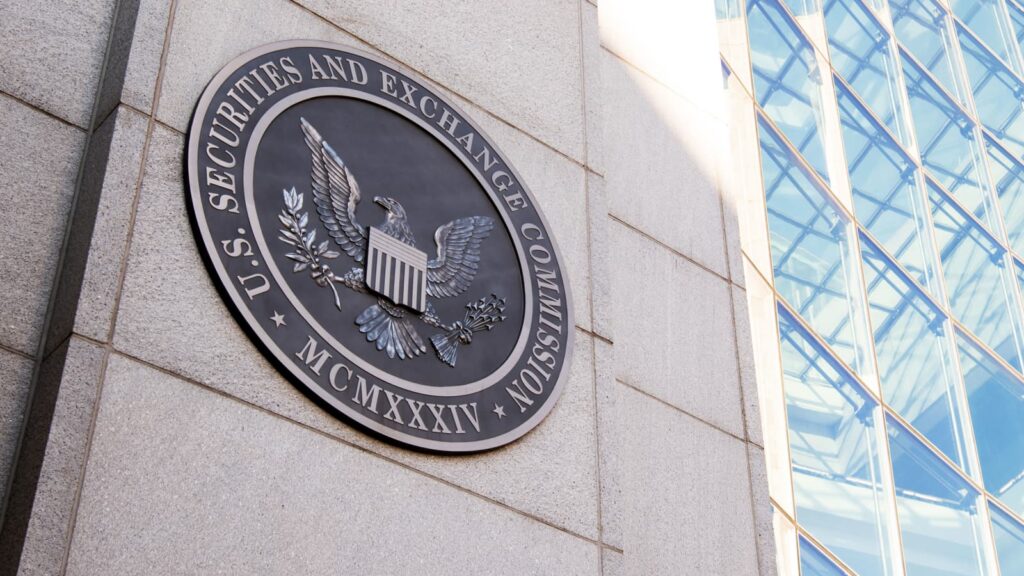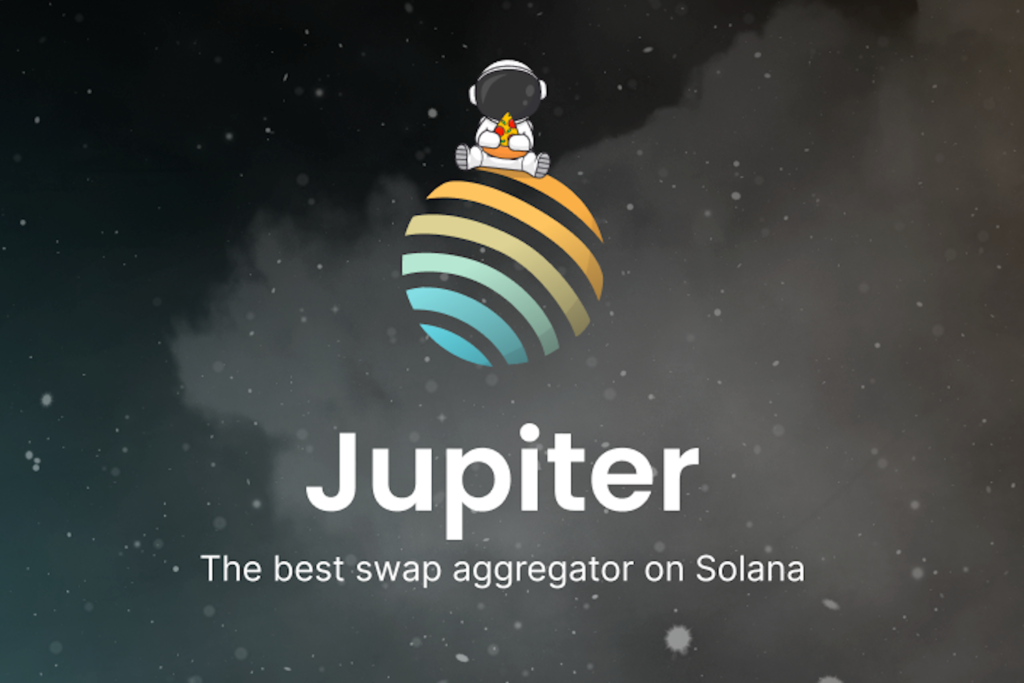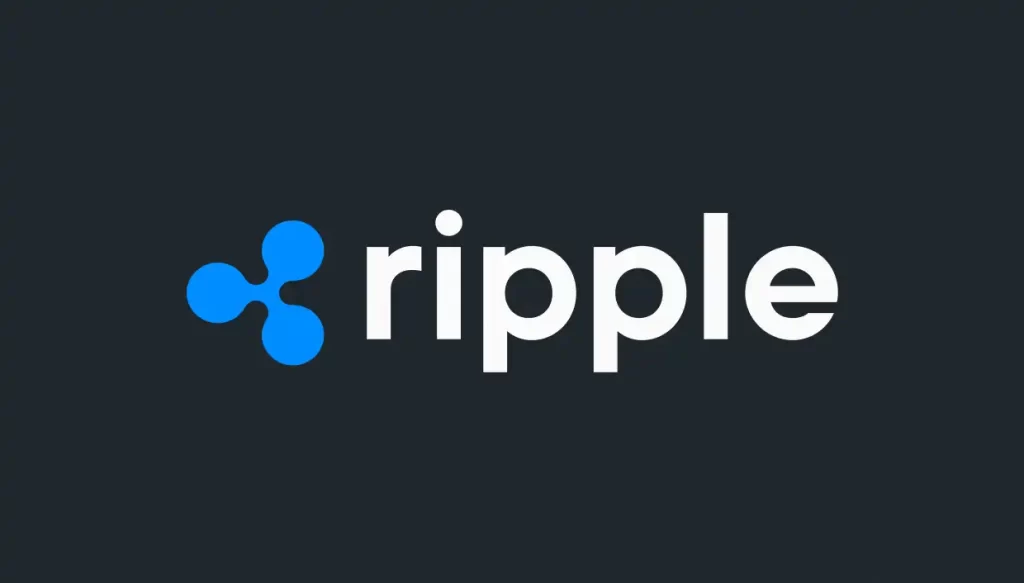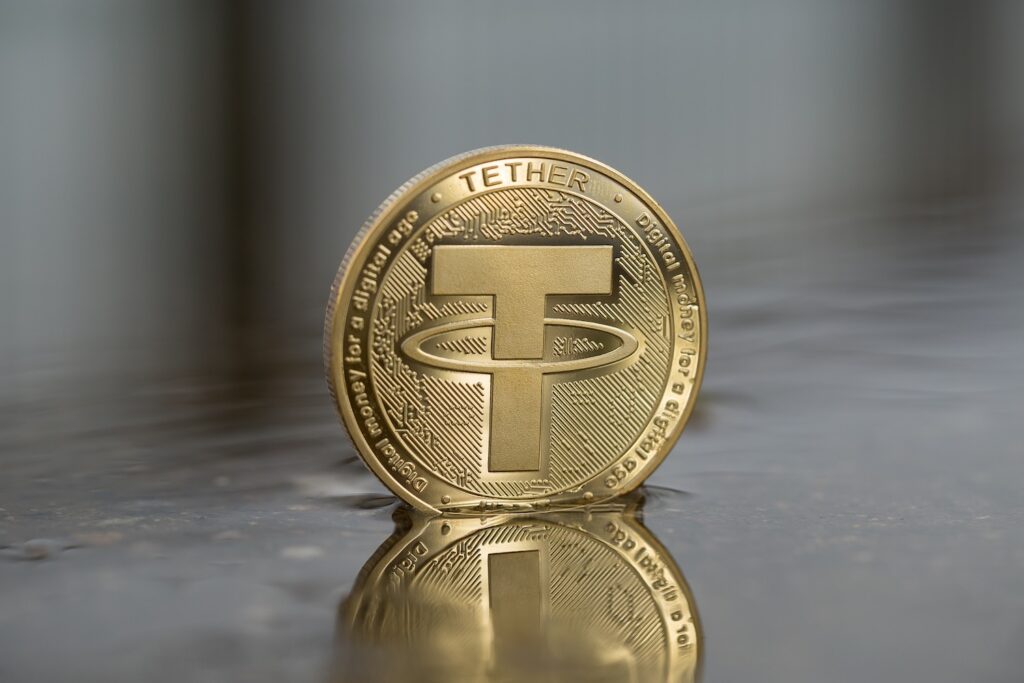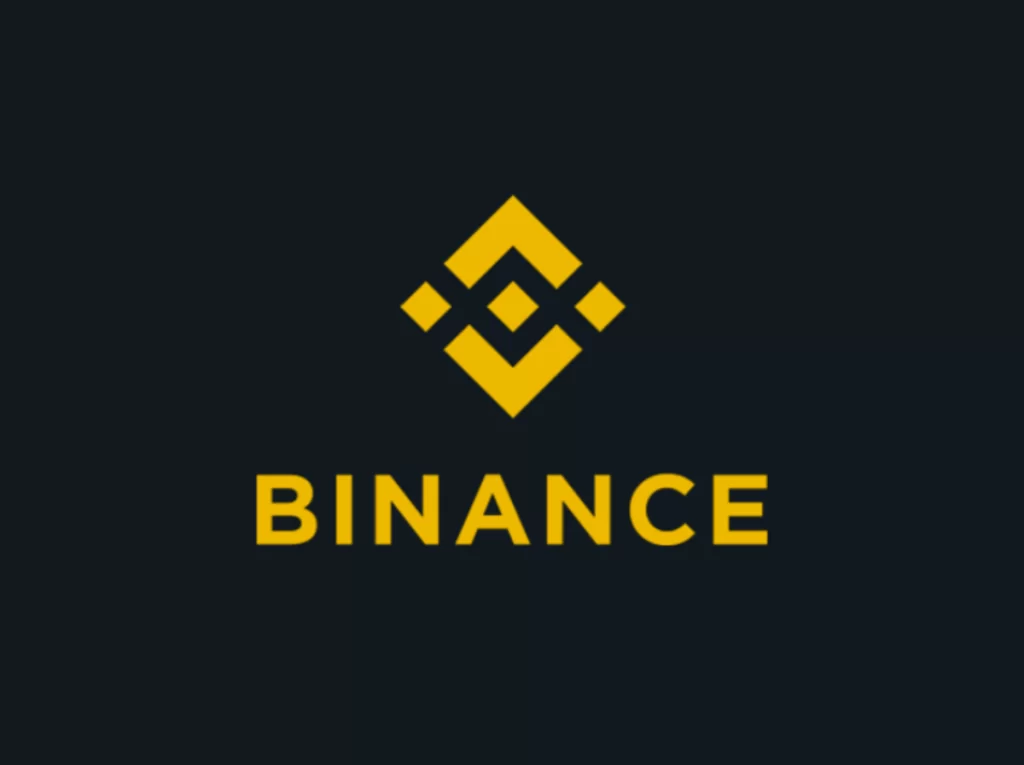The European Union has taken a significant step in advancing its regulatory framework for artificial intelligence (AI) as all 27 member states voted to approve the final text of the EU’s AI Act.
Thierry Breton, the Commissioner for Internal Market of the EU, confirmed this momentous endorsement, emphasizing the historical significance of the AI Act, which marks a world-first achievement.
The AI Act is a comprehensive risk-based strategy designed to regulate various AI applications.
It covers a wide range of aspects, including the use of AI in government applications, the regulation of AI systems like ChatGPT, and the implementation of transparency rules that must be adhered to prior to entering the market.
Following the political agreement reached in December 2023, efforts were undertaken to transform the agreed-upon positions into a final compromise text for approval by lawmakers.
The culmination of this process was the “coreper” vote on February 2, which involved the permanent representatives of all member states.
One of the key concerns addressed by the AI Act is the proliferation of deepfakes – convincingly fabricated videos generated by AI algorithms that have the potential to blur the line between truth and fiction in public discourse.
Margrethe Vestager, Executive Vice President of the European Commission for A Europe Fit for the Digital Age, highlighted the Act’s emphasis on assigning greater liabilities to developers of riskier AI applications.
For instance, the Act focuses on high-risk cases, such as using AI for job applicant screening or educational admissions.
READ MORE: Binance Denies Security Breach: Outdated Data on GitHub Posed Minimal Risk
The recent agreement on the AI Act was achieved after France withdrew its objections, and Germany also threw its support behind the Act following a compromise reached by Federal Minister for Digital Affairs and Transport, Volker Wissing, on January 30.
The AI Act is now set to progress towards legislation, with a crucial vote scheduled in an EU lawmaker committee on February 13, followed by a vote in the European Parliament in March or April.
It is anticipated that the Act will be fully applied in 2026, with specific provisions taking effect earlier.
Additionally, the European Commission is taking proactive steps to establish an AI Office responsible for monitoring compliance with a group of high-impact foundational AI models considered to pose systemic risks.
The Commission is also unveiling measures to support local AI developers, including upgrading the EU’s supercomputer network to enhance generative AI model training capabilities.
On February 2nd, Bitcoin experienced a sudden drop as the Wall Street trading day began, with a notable $500 hourly candle dip recorded on Bitstamp.
This unexpected plunge was in direct response to the release of the United States unemployment data, which revealed a surprising surge.
The figures for January nonfarm payrolls came in at a staggering 353,000, almost double the expected 185,000, catching both the market and analysts off guard, according to Reuters.
The immediate market reaction suggested that the previously assumed negative impact of restrictive economic policies on the U.S. economy might be less severe than anticipated.
This led to concerns that interest rates could remain elevated for a longer period, potentially reducing liquidity in various asset classes, including cryptocurrencies.
On January 31st, the Federal Reserve had unanimously decided to maintain interest rates at their existing levels, with Fed Chair Jerome Powell trying to quell speculation about rate cuts occurring in March.
The release of the jobless data further cemented the belief that a rate cut before May was unlikely, causing the odds of such a move in March to drop from 45% earlier in the week to 17.5%.
Caleb Franzen, the founder of Cubic Analytics, responded to the data by highlighting that revisions had actually increased the December job figures, suggesting that doubters of the economy were consistently proven wrong.
READ MORE: Bitcoin’s Persistent Sideways Trend: A Familiar Pattern Amidst Market Uncertainty
Financial commentator Tedtalksmacro remained optimistic, asserting that strong employment data was beneficial in the long run, and the market had simply overreacted by pricing in rate cuts prematurely.
In addition to these challenges, the U.S. Dollar Index (DXY) surged to new 2024 highs, exerting further pressure on the cryptocurrency market.
However, there was a glimmer of hope for Bitcoin enthusiasts as outflows from the Grayscale Bitcoin Trust (GBTC), a recently launched spot Bitcoin exchange-traded fund (ETF), provided some relief.
Coinbase received 4,400 BTC in inflows on that day, a decrease from previous days and a significant drop from the peak of 25,000 BTC observed in January.
Despite this, total net inflows reached $38 million, signifying continued interest in cryptocurrencies.
In a volatile market shaped by economic data and monetary policy speculation, Bitcoin and other cryptocurrencies faced uncertainty and challenges, with traders and analysts closely monitoring every development.
A cryptocurrency trading course instructor, Brian Sewell, is currently facing charges filed by the United States Securities and Exchange Commission (SEC) for allegedly deceiving 15 students into investing a total of $1.2 million in a hedge fund that never came to fruition.
Despite touting cutting-edge technology and promising substantial returns, Sewell is accused of misappropriating the funds for personal gain, without ever initiating the proposed investment fund.
According to the recent SEC statement, Sewell, the founder of Rockwell Capital Management, allegedly encouraged investors to deposit their money into a non-existent hedge fund from early 2018 to mid-2019.
The SEC complaint asserts that Sewell received approximately $1.2 million from the 15 students but failed to launch the fund or implement the trading strategies he had advertised to them.
Sewell had enticed potential investors by pledging to employ artificial intelligence (AI) and machine learning technology to optimize their returns.
However, he allegedly left their funds parked in Bitcoin, eventually leading to the loss of the entire investment when his crypto wallet was hacked and emptied.
The SEC’s statement underlines its commitment to taking action against individuals exploiting the cryptocurrency industry’s hype with misleading promises.
READ MORE: Tether Holdings Reports Remarkable Q4 2023 Profit of $2.85 Billion
It serves as a warning to potential scammers, stating, “Whether it’s AI, crypto, DeFi, or some other buzzword, the SEC will continue to hold accountable those who claim to use attention-grabbing technologies to attract and defraud investors.”
In a significant development, Rockwell Capital Management has agreed to return the $1.2 million to the affected investors, along with prejudgment interest totaling approximately $402,000.
Pending court approval of the settlement, Sewell himself will be liable to pay a civil penalty of $223,229.
This incident follows a cautionary message from another U.S. regulator, the Commodities and Futures Trading Commission (CFTC), urging cryptocurrency investors in 2024 to exercise caution and avoid falling for exaggerated promises made by AI trading bots.
The CFTC specifically highlighted the risks associated with those who claim to deliver impressive returns through the use of bots, trade signal algorithms, crypto-asset arbitrage algorithms, and other AI-assisted technologies.
Investors are advised to exercise vigilance and conduct thorough due diligence before committing their funds to any cryptocurrency venture.
Welcome to Finance Redefined, your weekly source of critical decentralized finance (DeFi) insights. Our newsletter is designed to keep you informed about the most noteworthy developments from the previous week in the DeFi space.
In the crypto realm last week, a significant event unfolded as Solana’s decentralized exchange (DEX) known as Jupiter surpassed the leading DEX platform, Uniswap, with an astonishing $480 million in daily trading volume. This impressive achievement came amidst a fervor surrounding a new memecoin airdrop.
In a recently released report, it was revealed that out of the $2.61 billion stolen from the crypto market in 2023, an impressive $674 million was successfully recovered from 600 large-scale hacks.
This marked a significant improvement in cybersecurity, with a 27.78% reduction in losses compared to 2022, when global cyber thefts reached approximately $3.6 billion.
It’s noteworthy that the recovered amount accounted for a quarter of the stolen crypto.
Additionally, Polygon Labs has introduced a proposal that aims to classify DeFi as “critical infrastructure.” This move suggests that federal cybersecurity agencies in the United States should oversee DeFi protocols to ensure their security and stability.
READ MORE: Binance Denies Security Breach: Outdated Data on GitHub Posed Minimal Risk
The proposal, titled “A Conceptual Framework for Combating Illicit Finance Activity in Decentralized Finance,” was authored by Rebecca Rettig and Katja Gilman from Polygon Labs, along with Michael Mosier, co-founder of the Arktouros technology law firm.
The Hong Kong Securities and Futures Commission (SFC) issued a cautionary statement concerning potentially risky investment products linked to the Floki ecosystem.
These products, named “Floki Staking Program” and “TokenFi Staking Program,” offer staking services with promised annualized returns ranging from 30% to over 100%.
However, the SFC emphasized that neither of these products has obtained authorization for public sale in Hong Kong, alerting investors to exercise caution.
Meanwhile, the DeFi market saw a bullish week, with the top 100 DeFi tokens experiencing a mid-week surge in their market performance.
As a result, the total value locked (TVL) in DeFi protocols soared to over $60 billion.
Thank you for staying updated with our recap of the most significant DeFi happenings of the week. Join us next Friday for more stories, insights, and educational content as this dynamic DeFi space continues to evolve.
The digital asset market is gearing up for the release of approximately $900 million in vested tokens this coming February, with prominent projects such as Avalanche, Aptos, and The Sandbox leading the way.
Crypto vesting is a mechanism that involves locking digital assets for a predetermined period before holders can fully access or transfer them from their wallets.
This practice aims to deter early investors from hastily selling their tokens for quick profits, fostering a sense of commitment to the project for the long term.
According to Token Unlocks, a data provider specializing in token release schedules, February is set to see the unlocking of approximately $900 million worth of tokens.
Notable projects in this release include Avalanche, Aptos, The Sandbox, Optimism (OP), and Sui (SUI).
Among these projects, Avalanche is poised to unlock the largest sum.
On February 22, this proof-of-stake (PoS) blockchain project will release 9.5 million tokens, currently valued at around $320 million.
These tokens will be allocated to the Avalanche Foundation, strategic partners, team members, and distributed through an airdrop.
Aptos, a Layer-1 blockchain, will follow suit by releasing 24.8 million crypto tokens on February 11, with a market value of approximately $233 million.
READ MORE: Bitcoin Worth $1.7 Billion Seized in London Mansion Money Laundering Probe
Of this allocation, around $180 million is designated for core contributors and investors, while an additional $39 million will benefit the community and foundation.
The Sandbox, a metaverse project, will unlock 209 million tokens worth roughly $90 million. Over $40 million of these tokens are reserved for company use, while the remaining tokens will be released to the team and advisers on February 14.
Optimism, scheduled for February 29, plans to release 24 million OP tokens valued at approximately $70 million to core contributors and investors.
Simultaneously, Sui will unlock $53 million worth of tokens for its community access program.
It is important to note that sudden increases in the circulating supply of a token can exert downward pressure on cryptocurrency market prices, as per tokenomics principles.
Consequently, investors and enthusiasts are closely watching how these token releases will affect the broader digital asset landscape in February.
Binance, one of the leading cryptocurrency exchanges, took swift action in response to the $112 million hack on Chris Larsen, co-founder of Ripple, freezing $4.2 million worth of XRP.
This incident, occurring on January 31, 2024, has already emerged as the largest hack of the year.
In an announcement shared on the social media platform X, Binance’s CEO, Richard Teng, disclosed that the exchange had effectively frozen the hacker’s address.
He extended his gratitude to ZachXBT, an on-chain investigator, and the Ripple team for their collaborative efforts in resolving the issue.
Thomas Silkjær, the Head of Analytics and Compliance at the XRP Ledger Foundation, contradicted Teng’s claim, asserting that the foundation had initially initiated the investigation.
This divergence in perspectives underscores the collaborative nature of the response to the hack.
Contrary to initial beliefs, it was not the Ripple token itself that was compromised, but rather Chris Larsen’s personal wallet.
Importantly, the hacker chose not to employ crypto mixer services or decentralized exchanges to obscure their identity, a departure from recent trends aimed at avoiding the risk of asset freezing by centralized exchanges.
ZachXBT further revealed that the account associated with the hack had been erroneously tagged as belonging to Ripple in XRP block explorers, such as XRPScan and Bithomp, causing confusion about the true nature of the breach.
READ MORE: Gate.io Makes History After Applying for ‘.Gate’ Top-Level Domain With D3 Partner
Chris Larsen confirmed that several of his personal XRP accounts were indeed compromised, resulting in the theft of 213 million XRP tokens, equivalent to approximately $112.5 million.
In response, Ripple has initiated discussions with various cryptocurrency exchanges to freeze the hacker’s address, and they have notified law enforcement agencies to assist in the investigation.
The hacker’s attempt to launder the stolen XRP involved at least six different exchanges, including MEXC, Gate.io, Binance, Kraken, OKX, HTX, and HitBTC, resulting in the acquisition of 213 million XRP tokens.
While Binance has taken proactive measures to freeze a portion of the pilfered assets, other exchanges like OKX and Kraken have not yet disclosed their actions regarding the hack.
Cointelegraph reached out to both Binance and Ripple for further comments but has not received any responses at the time of this publication.
The cryptocurrency community awaits further developments in this high-profile cybercrime case.
The Argentine government, under the leadership of President Javier Milei, has made a significant change to its ambitious package of reforms, dropping the option to legalize crypto holdings for individuals who have overdue tax declarations.
This decision was reported by Argentine tech-focused outlet iProUP on January 27th, as part of the Law of Bases and Starting Points for the Freedom of Argentines, an extensive legislative package aimed at advancing Milei’s policy agenda.
The clause that has been removed from the bill pertained to asset regularization, proposing a one-time tax on various previously undeclared assets, including cryptocurrencies, real estate, personal property, stocks, and securities.
The proposed tax rates were 5% for assets declared by the end of March 2024, 10% from April to the end of June 2024, and 15% from July to the end of September.
The decision to eliminate the asset regularization component from the bill was made by the Minister of the Interior, Guillermo Francos, who cited concerns that it would delay the treatment of the broader legislative initiative in parliament.
This change comes after earlier promises in December 2023 by the government, including the possibility of allowing Bitcoin’s use in the country through a decree, which has yet to materialize.
READ MORE: Bitcoin Worth $1.7 Billion Seized in London Mansion Money Laundering Probe
Interestingly, the “Bases for the Reconstruction of the Argentine Economy” decree passed in December 2023 included provisions allowing debtors to pay in currencies “not recognized as legal tender” in Argentina, hinting at potential support for cryptocurrencies.
Javier Milei won the 2023 presidential election in Argentina, addressing the country’s persistent and rising inflation.
He had previously expressed positive sentiments about Bitcoin, considering it a move toward returning monetary control to the private sector.
However, since taking office in December 2023, he has not publicly addressed digital assets.
In January, Milei pledged not to legally oppose provincial authorities’ efforts to create local currencies, responding to the Governor of La Rioja province’s announcement of a separate currency after Milei devalued the Argentine peso by 50% upon assuming office.
This decision reflects a broader stance on allowing local autonomy in monetary policy.
On January 31, Chris Larsen, co-founder, and executive chairman of Ripple, revealed that his personal accounts had fallen victim to a cyberattack.
The initial report came from crypto analyst ZachXBT, leading to early speculations that the entire company had suffered a security breach.
However, Larsen clarified that the unauthorized access targeted his personal XRP accounts, distinguishing them from Ripple’s official accounts.
He acted swiftly, detecting the issue and promptly alerting cryptocurrency exchanges to freeze the affected addresses. Law enforcement agencies have been engaged to investigate the matter.
The exact amount of XRP stolen remains unconfirmed, but ZachXBT estimated the breach’s haul at 213 million XRP, valued at approximately $112.5 million at the time of the incident.
Following the breach, the malicious actors attempted to launder the stolen XRP by routing it through at least six different cryptocurrency exchanges.
READ MORE: Taki Games’ $TAKI Token Lands Cube Exchange Listing in Key Milestone
Larsen’s recent statement indicated that law enforcement has intervened, leading to the freezing of accounts connected to the security breach.
However, the current status of the funds, whether they remain in exchange custody or have been recovered, remains uncertain. Ripple has not yet responded to inquiries regarding the incident.
The news of the hack spread quickly throughout the cryptocurrency community, causing a momentary dip in the price of XRP, with a temporary decrease of approximately $0.01.
Nevertheless, XRP’s value rebounded rapidly, and the cryptocurrency market remained relatively stable, showing resilience in the face of the security incident.
Although it seems that Ripple’s official accounts were not compromised, thereby safeguarding XRP-holder funds, this event stands out as one of the most significant cryptocurrency-related hacks of 2024 thus far.
The breach highlights the ongoing challenges of securing digital assets and the importance of swift action and cooperation with law enforcement agencies to mitigate the impact of such attacks.
Tether Holdings Limited, the firm responsible for the widely-used stablecoin Tether (USDT), has achieved an astounding “record-breaking net profit” in the final quarter of 2023, primarily propelled by interest generated from the United States Treasury and strong performance in other assets.
As per the attestation report published on January 31, Tether reported a remarkable net profit of $2.85 billion in the fourth quarter of 2023, of which a significant portion, up to $1 billion, resulted from interest earned on United States Treasury securities.
Additionally, the company benefited from its holdings of Gold and Bitcoin (BTC).
Analyzing the company’s workforce, Tether was found to employ 125 individuals, resulting in an extraordinary net profit per employee of $22.8 million for the last quarter.
Over the course of the year, Tether disclosed a total net profit of $6.2 billion, with a substantial $4 billion stemming from investments in U.S. Treasury bonds and other non-crypto assets.
The overall assets managed by Tether encompassed $80.3 billion in U.S. Treasurys, $2.8 billion in BTC, $3.5 billion in gold, and $1.5 billion in venture capital investments.
United States Treasurys are debt instruments issued by the U.S. Department of the Treasury to fund government expenditures, offering investors a return on their investment.
As of December 2023, the one-year U.S. Treasury bill yielded 4.7%. These instruments, backed by the U.S. government, are renowned for their safety, making them among the most secure investments globally.
READ MORE: Gate.io Makes History After Applying for ‘.Gate’ Top-Level Domain With D3 Partner
Since 2022, when the crypto industry faced a wave of bankruptcies and contagion fears, Tether has taken steps to secure its stablecoin with higher-quality assets, including T-bills and gold reserves.
By September 2023, the company proudly declared itself one of the world’s leading purchasers of U.S. Treasury bills.
In response to community concerns regarding portfolio risk, Tether has amassed $5.4 billion in excess reserves in 2023, effectively covering its outstanding $4.8 billion in secured loans.
The company assured stakeholders that these secured loans are significantly overcollateralized. BDO Global conducted a review of Tether’s financials, reinforcing its commitment to transparency.
Tether has emerged as one of the standout successes of the recent crypto downturn, solidifying its market dominance in 2023, with USDT tokens accounting for over 70% of all stablecoins in circulation.
Moreover, Tether has made strides in partnering with law enforcement agencies, recently announcing its collaboration with the U.S. Federal Bureau of Investigation to enhance efforts in monitoring and combatting illegal activities on its platform.
Binance, a prominent cryptocurrency exchange, has rebuffed allegations made in a recent report asserting that a “highly sensitive” trove of internal passwords and code had been publicly accessible on GitHub for an extended period.
The exchange contends that the code in question was outdated and posed minimal risks.
The report, published on January 31 by 404 Media, disclosed the existence of a cache encompassing “code, infrastructure diagrams, internal passwords, and other technical information.”
This cache included sensitive details regarding the exchange’s password management and multifactor authentication processes.
Binance acted swiftly, filing a copyright takedown request with GitHub on January 24, citing the information as a “significant risk” that had been posted “without authorization.”
A spokesperson for Binance informed Cointelegraph that the individual responsible for uploading the data had shared exceedingly outdated information on GitHub.
Their security team had confirmed that the cache did not reflect their current operational procedures.
READ MORE: Bitcoin Exchange Outflows Challenge Bearish Predictions, Fueling Bullish Sentiment
Consequently, Binance asserted that this outdated information “posed negligible risk to the security of our users, their assets, or our platform.”
The exchange argued that it was so obsolete that it would be unusable by any third parties or malicious actors.
In a bid to safeguard its intellectual property, both past and present, and mitigate any potential confusion or unwarranted concerns arising from the exposure of private data, Binance initiated the takedown request with GitHub.
Furthermore, they are pursuing legal action against the individual responsible for the unauthorized upload.
However, it is noteworthy that Binance’s takedown request to GitHub repeatedly characterized the exposed information as “our client’s internal code, which poses a significant risk to Binance and causes severe financial harm to Binance and user’s confusion/harm.”
Despite these actions, Binance has refrained from offering additional comments or responses to inquiries pertaining to this matter.





